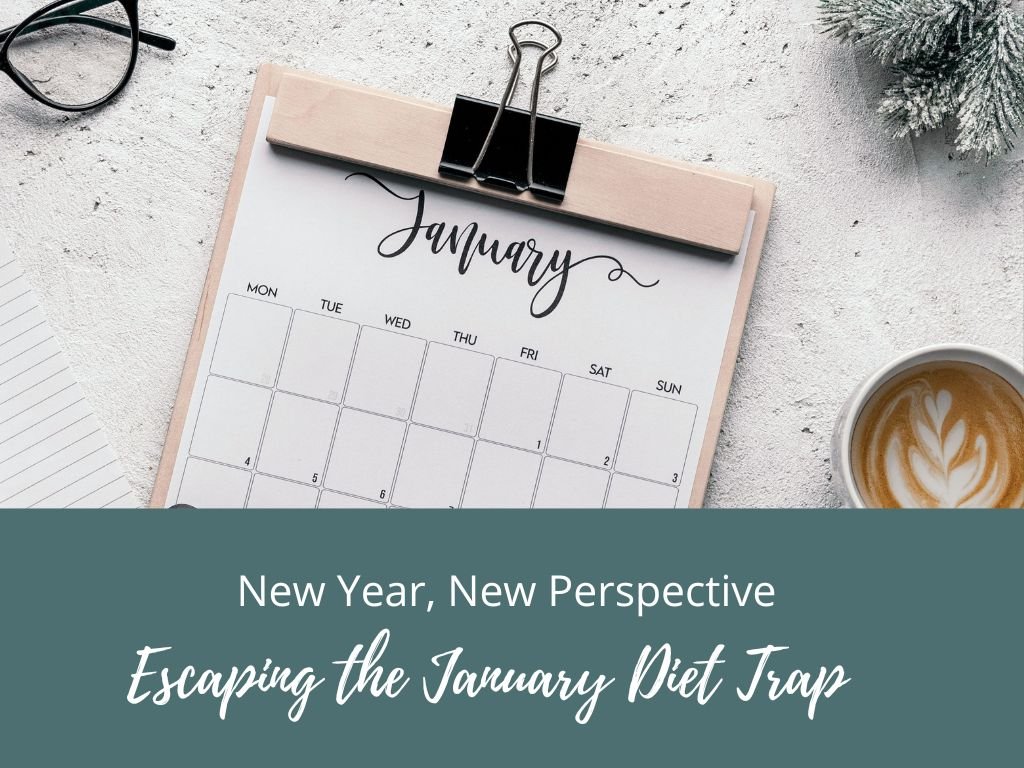‘If I accept my body, then it means I’m giving up on myself’
This is an all-too-common sentiment when it comes to discussing body acceptance.
This notion reflects a common fear that embracing your body implies you will lack the motivation for looking after yourself.
This perspective fuels the idea that your self-worth is dependent meeting unrealistic body standards.
However, working towards body acceptance can be a profound act of self-empowerment, challenging the idea that your value is determined solely by your appearance.
What is body acceptance?
Body acceptance is about embracing your body as it is while acknowledging that you may have areas you want to change. It's about treating yourself with respect and care, fostering a positive inner dialogue, and letting go of shame. It is not about striving to be perfect.
A Different Perspective
Consider viewing your body as your partner, as you journey through life. Would your real-life partner or children only deserve your compassion and respect if they were perfect? Shouldn't they be deserving of compassion regardless? Accepting your body follows the same principle.
Contrary to popular misconceptions perpetuated by diet culture, body acceptance is not giving up on yourself, your health and your body. Instead, it is the start of the journey of reconnecting with your body from a place of compassion and not fear or hate and helps to remove the self-judgment that keeps you stuck.
To begin this journey ask yourself the following questions:
1. Why do I want to change my body? Be honest about why you want to change it. Write your thoughts down.
2. Are these thoughts coming from a place of compassion, self-loathing or fear? Examine each thought individually and make a note.
A fear-based thought could be I want to lose weight because my husband won’t love me
A compassion-based thought could be I want to lose weight to be in less pain
3. Ask yourself if each individual thought is actually true? Do these beliefs hold up under scrutiny. How would you respond if a loved one expressed similar thoughts?
Recognise that attempting to punish yourself into change through self-hatred is unsustainable and doesn’t work. True transformation comes from a foundation of self-compassion and acceptance. By embracing your body with kindness and understanding, you’ll pave the way for genuine healing. You are inherently deserving of love, respect, and acceptance—just as you are.
Navigating the complexities of emotional and disordered eating requires a multifaceted approach—one that prioritises mental and emotional well-being alongside physical health. Reach out for support HERE if you would like to book in a complimentary call to find out how I can help.
If the idea of tackling your eating patterns feels overwhelming and you're unsure of where to begin, take a look at my FREE guide Breaking the Cycle - Your First Steps to Healing Your Relationship with Food to kickstart your journey today
This invaluable resource will help you:
✔️Know when you’re really hungry and when you’re not
✔️Learn when to eat that’s best for you
✔️Know the best snacks to help you stop craving and feeling out of control
















